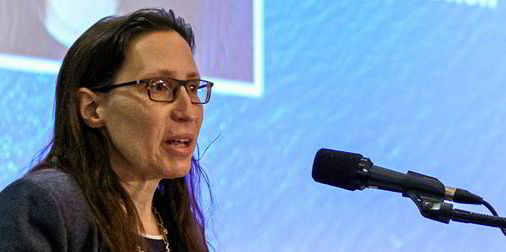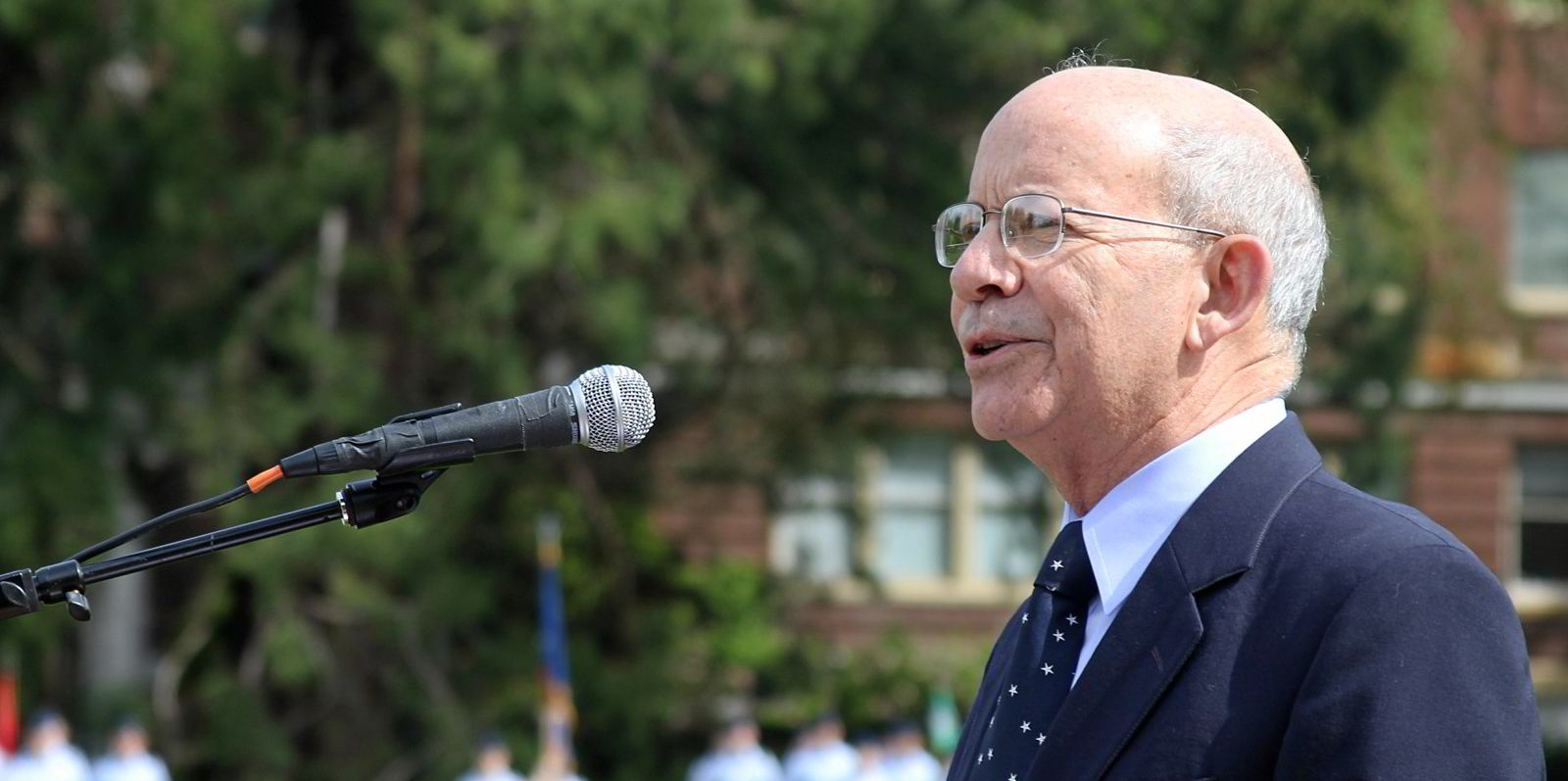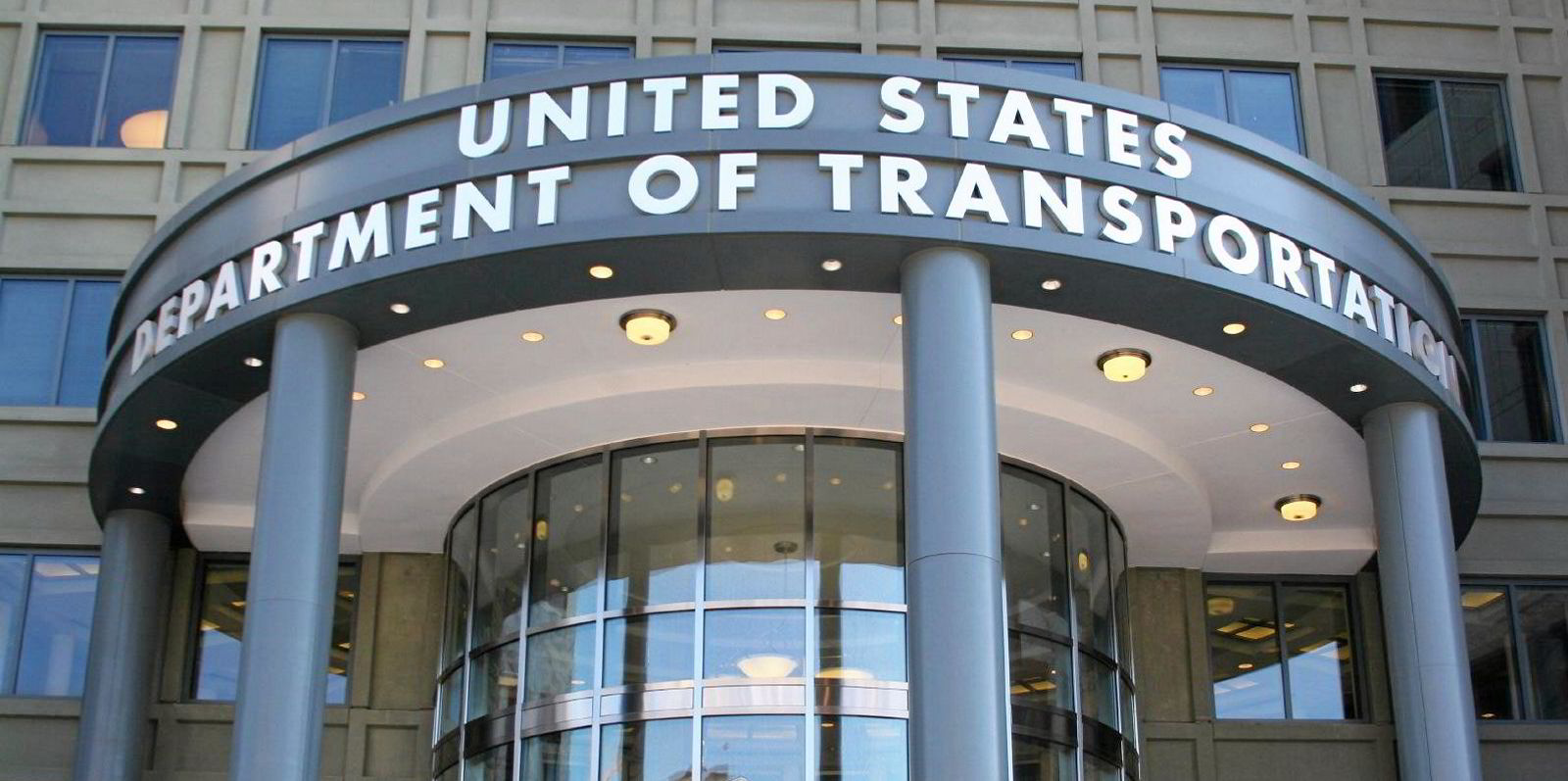Five operators have signed on to the new US Maritime Administration (MarAd) standards to combat sexual harassment and assault at sea.
While delivering an address to the Connecticut Maritime Association’s CMA Shipping conference, acting maritime administrator Lucinda Lessley did not disclose which operators had signed on to the Every Mariner Builds a Respectful Culture (EMBARC) standards.
“We did this so we could strengthen ... the measures we require of the operators taking on cadets,” she said.
“We will not carry our cadets on vessels that have not adopted these policies.”
Lessley said sexual assault and harassment would not be rooted out without changes, and encouraged other US operators to get on board and international operators to consider adopting similar standards.
“It will continue to go on unreported and people will continue to suffer alone, and that is simply intolerable,” she said.
The EMBARC standards were released in December following a directive from Congress after an anonymous blog post from a US Merchant Marine Academy student known as Midshipman X detailed her rape on board a Maersk Line Ltd ship during her sophomore year.
The post, published last autumn on the website of seafarer rights organisation Maritime Legal Aid & Advocacy, prompted MarAd to put its at-sea training programme known as Sea Year on hiatus for the second time in a decade.
The first pause was also the result of sexual assault allegations.
The new standards require vessel operators to designate a sexual misconduct contact on board; account for master keys; prohibit crew members and cadets from entering each others’ rooms; and report any instance of sexual misconduct to the academy.
They also require the contact to communicate regularly with students, training for crew and collaboration with the government on sexual misconduct issues.
In January, the president of the academy’s alumni association, James Tobin, wrote a letter calling the standards a “non-starter”, as students had not yet returned to sea.
He blamed MarAd’s “bureaucratic approach” to the issue and said the pause was really a full-on stand-down of the programme.





